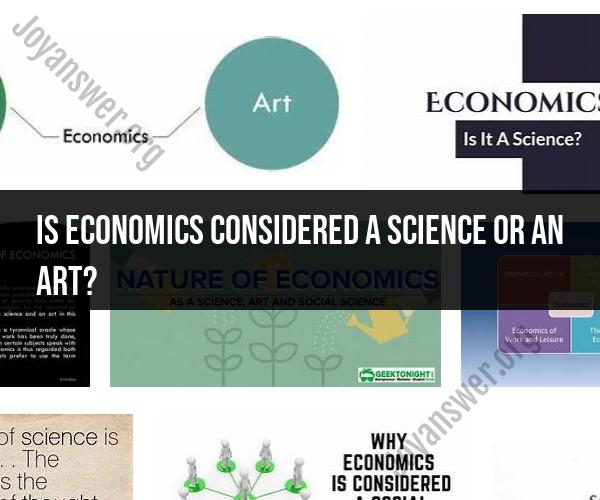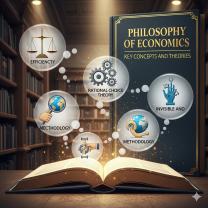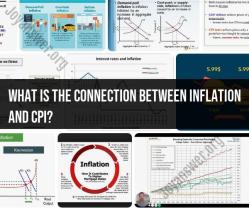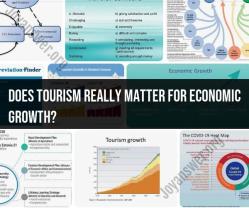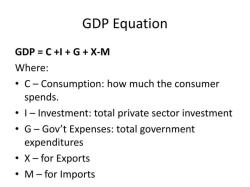Is Economics considered a science or an art?
The classification of economics as a science or an art has been a subject of debate for a long time. In reality, economics possesses elements of both, which is why it is often referred to as both a social science and a social art. Here's an explanation of why it is considered as both:
Economics as a Science:
Empirical Analysis: Economics relies on empirical analysis, data collection, and statistical methods to understand and explain economic phenomena. Economists use data and evidence to test hypotheses and make predictions.
Theory Development: Economics has a body of theories and models that aim to explain and predict economic behavior. These theories are developed and refined based on empirical observations and testing.
Methodological Rigor: Economic research often follows rigorous scientific methods, including the use of controlled experiments, statistical analysis, and peer review.
Quantitative Analysis: Economics frequently involves quantitative analysis, mathematical models, and statistical techniques to quantify economic relationships and trends.
Economics as an Art:
Subjectivity: Economic decisions, such as policy choices or business strategies, can be influenced by value judgments, ethical considerations, and political beliefs. These elements introduce subjectivity and art into economic decision-making.
Policy Implementation: Applying economic principles to real-world policy decisions often involves subjective judgments about the best course of action. Economists may debate the most appropriate policy response to economic challenges.
Interpretation: Interpreting economic data and trends can involve judgment calls. Different economists may interpret the same data differently based on their perspectives.
Complexity: Economic systems are complex and influenced by a multitude of factors, making precise predictions challenging. The interpretation of economic data often requires expert judgment.
In summary, economics is a field that combines scientific methods and rigor with elements of art, subjectivity, and interpretation. It employs scientific principles in its analysis and relies on data and empirical evidence. However, economic decision-making and policy formulation can involve subjective judgments and interpretations, which introduce elements of art into the discipline. Ultimately, the classification of economics as a science or an art depends on the context and the specific aspect of economics being considered.
